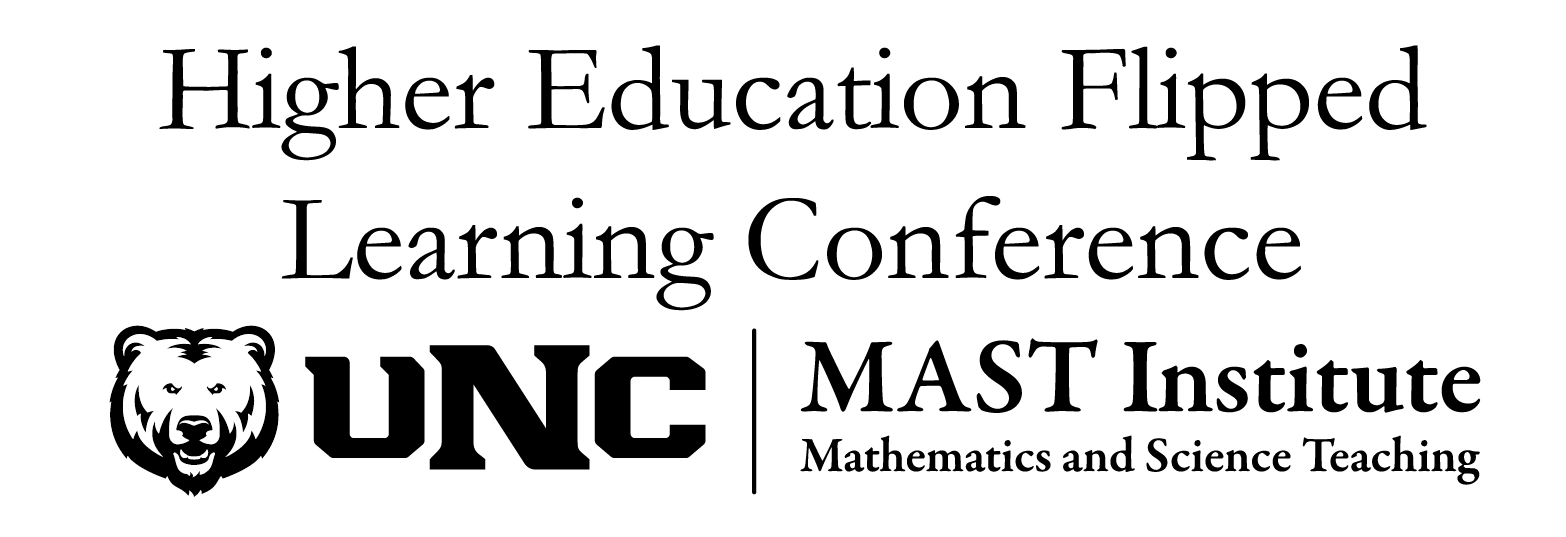Designing and Delivering Coherent Content Through a Flipped Classroom Strategy: Strategies for Analyzing Outcomes in Flipped Classes
Location
Ross 2295
Event Type
Presentation
Start Date
14-6-2017 3:30 PM
End Date
14-6-2017 5:00 PM
Description
My goal is to facilitate an interactive workshop presenting some basic approaches for those interested in various degrees of classroom-flipping, at least as we have implemented this pedagogical strategy in an introductory evolutionary and molecular biology course (1). Our approach uses data from on-line reading and formative assessment tools (Nota Bene and beSocratic), and the use of a two-tiered exam format, together with insights from the Biology Concepts Instrument (BCI), to identify content knowledge and skill areas in need of further emphasis, explication, and student practice, with the goal of focusing course content and pedagogical interventions on key learning outcomes. Although not identical in practice, this general approach has proven quite successful in the revised general chemistry course: Chemistry, Life, the Universe & Everything (2,3)(http://clue.chemistry.msu.edu). Participants will be invited to describe their own experiences and to discuss various strategies to more explicitly capture what a course values and what students end up being capable of doing, including the use of tools such as the 3D-Learning Assessment Protocol (4).
References:
- Klymkowsky et al, 2016: https://www.ncbi.nlm.nih.gov/pubmed/27909020
- Cooper & Klymkowsky, 2013. http://pubs.acs.org/doi/abs/10.1021/ed300456y
- Williams et al., 2015: http://pubs.acs.org/doi/full/10.1021/acs.jchemed.5b00619
- Laverty et al., 2016. https://www.ncbi.nlm.nih.gov/pubmed/27606671
Designing and Delivering Coherent Content Through a Flipped Classroom Strategy: Strategies for Analyzing Outcomes in Flipped Classes
Ross 2295
My goal is to facilitate an interactive workshop presenting some basic approaches for those interested in various degrees of classroom-flipping, at least as we have implemented this pedagogical strategy in an introductory evolutionary and molecular biology course (1). Our approach uses data from on-line reading and formative assessment tools (Nota Bene and beSocratic), and the use of a two-tiered exam format, together with insights from the Biology Concepts Instrument (BCI), to identify content knowledge and skill areas in need of further emphasis, explication, and student practice, with the goal of focusing course content and pedagogical interventions on key learning outcomes. Although not identical in practice, this general approach has proven quite successful in the revised general chemistry course: Chemistry, Life, the Universe & Everything (2,3)(http://clue.chemistry.msu.edu). Participants will be invited to describe their own experiences and to discuss various strategies to more explicitly capture what a course values and what students end up being capable of doing, including the use of tools such as the 3D-Learning Assessment Protocol (4).
References:
- Klymkowsky et al, 2016: https://www.ncbi.nlm.nih.gov/pubmed/27909020
- Cooper & Klymkowsky, 2013. http://pubs.acs.org/doi/abs/10.1021/ed300456y
- Williams et al., 2015: http://pubs.acs.org/doi/full/10.1021/acs.jchemed.5b00619
- Laverty et al., 2016. https://www.ncbi.nlm.nih.gov/pubmed/27606671

